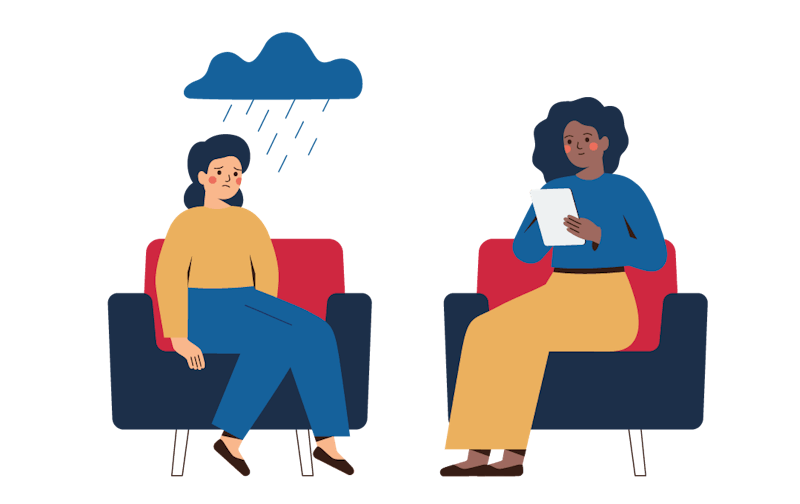Legal rights protector (ice. réttargæslumaður)
A legal rights protector is a lawyer who protects your interests throughout the process of pressing charges. Everyone who presses charges for a sexual offence or domestic violence has the right to their own legal rights protector.
That’s why you don’t have to hire a lawyer if you press charges for a sexual offence. The legal rights protector’s services are paid for by the state.
Legal rights protectors are:
- Lawyers
- Across the whole country
- People of all ages and genders?
- Many with a lot of experience with cases like yours
